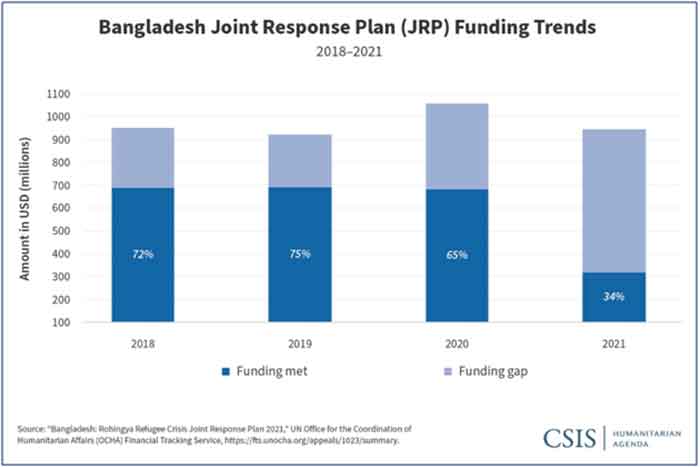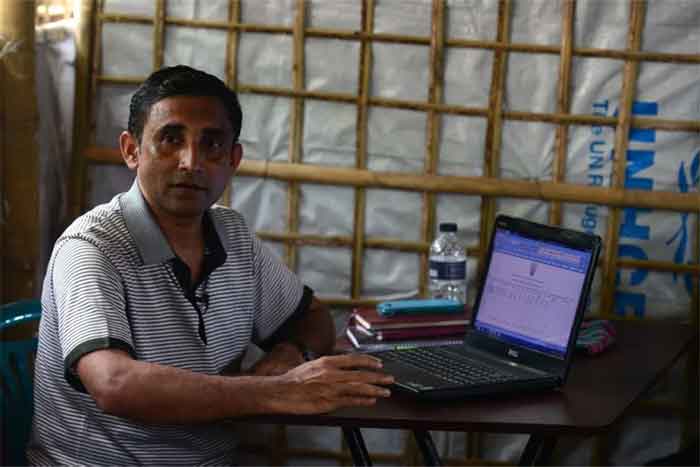This week Just Asia begins with Burma, where many Rohingya are suffering horrific injuries and loss of limbs by landmines along the Burma-Bangladesh border in their attempt to flee the violence. After the militant Arakan Rohingya Salvation Army (Arsa) attacked several police posts on August 25, the Burmese government carried out a brutal counter-insurgency clampdown. The UN estimates some 300,000 Rohingya to have fled the violence and arson in Rakhine. Just Asia speaks to Adem Carroll, Burma Task Force Director for UN and New York Programs, for his thoughts.
Next, in Pakistan, a 17-year-old Christian student, Sharoon Masih, was beaten to death by his fellow students for drinking water from the school’s water cooler. His body lay on the floor for some time, but no teacher or head master came to inquire. Police are refusing to file charges against the school.
The Taiwanese activist who went missing in March this year on a visit to China, is now on trial in Hunan province for ‘subverting state power’. According to Chinese authorities, 42-year-old Lee Ming-che promoted multi-party rule in group messaging chats. Lee’s family and colleagues have said he regularly exchanged messages with friends in China discussing democracy and China-Taiwan relations, but that he had done nothing wrong and only shared his experiences as an activist.
For the past two years, China has been cracking down on lawyers and activists defending human rights and democracy. Lee’s trial occurs together with that of other Chinese lawyers and activists similarly accused, such as activist Wu Gan and lawyer Jiang Tianyong.
Moving to Indonesia, various human rights groups met on September 7 to commemorate the assassination of Munir Said Thalib, a human rights activist poisoned to death by Indonesia’s Intelligence Agency in September 2004. Munir’s wife, Mrs. Suciwati, also attended the commemoration. Thirteen years after Munir’s death, the groups call for the government to publish the 2005 fact finding report into Munir’s assassination. Just Asia speaks to activist Gofur for details.
In India, a nine-judge bench of the Supreme Court has passed a landmark judgment holding that the right to privacy is a fundamental right under article 21 of the Indian Constitution regarding right to life and personal liberty. The judgment further declares that “sexual orientation is an essential attribute of privacy”, thereby paving the way for the penal code provision criminalizing homosexuality to be declared unconstitutional. It also paves the way for an end to India’s moral policing of its citizens, whether regarding what they eat, wear, or other personal choices.
Finally, the Urgent Appeals Weekly features one case from Nepal.
The bulletin can be watched online at www.alrc.asia/justasia and AHRC TV YouTube. We welcome both human rights feeds to be considered for weekly news bulletin, and your suggestions to improve our news channel. Please write to [email protected]. You can also watch our Weekly Roundup on Facebook.

















































